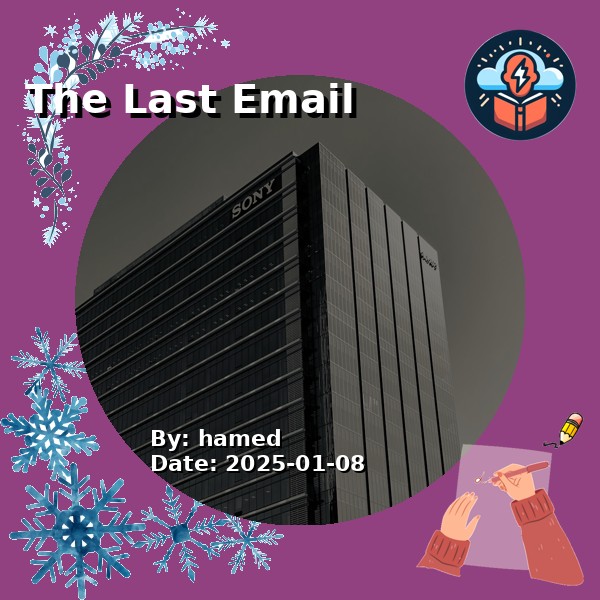It started with an email. Arman had worked late every night that month, chasing a promotion he’d been promised. But when the announcement came, the job went to Omid, his smooth-talking coworker. Arman was crushed—and then the truth came out. A stray email, accidentally forwarded, revealed it all: Omid had spread lies about Arman to their manager, calling him unreliable, even hinting at a drinking problem.
Arman didn’t confront him. What was the point? Omid was untouchable, always grinning as if life were a game he’d already won. Instead, Arman saved the email in a folder labeled Later. He didn’t know what he’d do with it, but the thought of someday using it gave him a quiet satisfaction.
Months passed. Omid soared up the corporate ladder, while Arman stayed stuck in his cubicle, resentment festering. Then came the scandal.
It turned out Omid had been embezzling funds—cleverly at first, but greed had made him sloppy. One morning, he was escorted out of the office in handcuffs, his face pale and sweat-slicked. Arman felt a pang of dark joy as he watched the spectacle unfold.
That evening, as Omid’s downfall spread through the office like wildfire, Arman opened his Later folder. The email was still there. He printed it out and walked to HR.
“Hi,” he said, smiling at the clerk. “I have some additional information about Omid. I think this might help with your investigation.”
The next day, the entire office was buzzing. The embezzlement charges were one thing, but the forwarded email painted Omid as a liar and a backstabber, even to his colleagues. Whatever slim chances he had of bouncing back were now ashes.
That afternoon, Arman received a text from Omid. It was just two words: Why me?
Arman stared at the screen for a moment, then replied: You started this game. I just waited for my turn.
